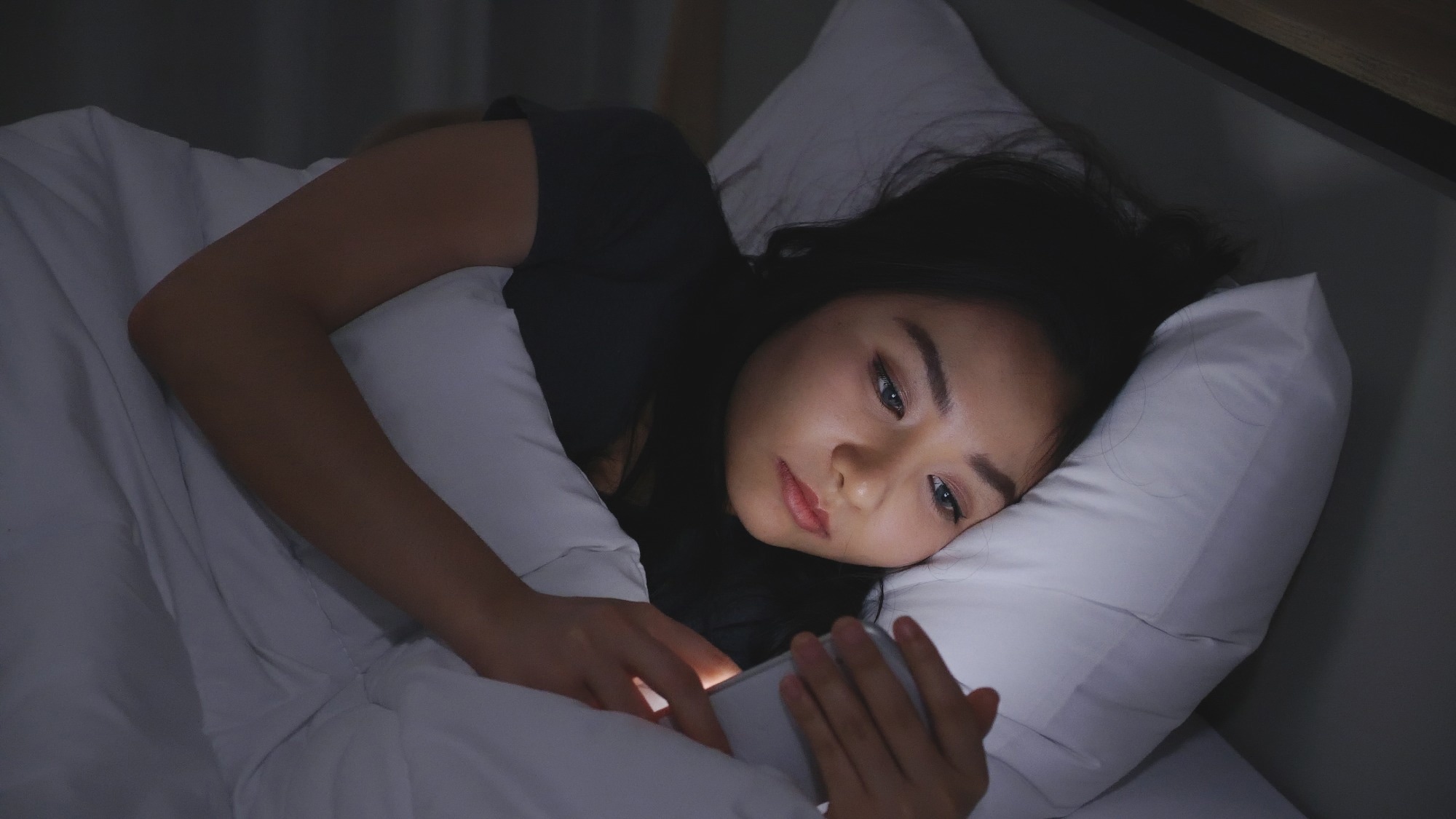In a recent study published in the Preventing Chronic Disease journal, U.S. Centers for Disease Control and Prevention (CDC) researchers assessed the impact of the coronavirus disease 2019 (COVID-19) pandemic on the sleep duration and mental health of high school students.
The severe acute respiratory syndrome coronavirus 2 (SARS-CoV-2) pandemic has altered day-to-day life in numerous ways, including alterations that could increase or decrease the length of sleep in adolescents. Spans of remote education may have allowed adolescent children to sleep later, with studies indicating that adolescents may now have later bedtimes and wake times with more time to sleep. In adolescents, short sleep duration is associated with an increased risk of injury, deteriorating mental and metabolic health, and trouble concentrating. The predominance of short sleep durations and their relationship with problems completing schoolwork, as well as poor mental health throughout the pandemic, is yet to be investigated.
 Study: Sleep Duration, Mental Health, and Increased Difficulty Doing Schoolwork Among High School Students During the COVID-19 Pandemic. Image Credit: Rapeepat Pornsipak / Shutterstock
Study: Sleep Duration, Mental Health, and Increased Difficulty Doing Schoolwork Among High School Students During the COVID-19 Pandemic. Image Credit: Rapeepat Pornsipak / Shutterstock
About the study
In the present study, researchers assessed the relationship between the COVID-19 pandemic and sleep duration, difficulty in completing schoolwork, and mental health in high school students.
The team employed data obtained from the Adolescent Behaviors and Experiences Survey (ABES), which is a cross-sectional, nationally representative survey performed on a cohort of high school students between January and June 2021. The ABES response rate was 18% overall over the study period.
The question "How many sleep hours do you get on a normal school night?" yielded information on sleep length. In accordance with the recommendations of the American Academy of Sleep Medicine, analyses were limited to participants aged 13 years or older. The team merged the response options associated with eight, nine, and 10 hours of sleep or more into one category of eight or more sleep hours. This resulted in five study categories of four and less, five, six, seven, and eight or more hours of sleep reported by students. p duration of four or less, five, six, or seven hours was categorized as short sleep duration, while eight or more hours met sleep recommendations.
Information related to the primary result was gathered from the question, "Would you agree or disagree that doing homework during the SARS-CoV-2 pandemic was more difficult than before the pandemic began?" with "highly agree" and "agree" categorized as having "more difficulties with homework" compared to "not sure," "disagree," and "highly disagree."
Results
During the COVID-19 pandemic, 76.5% of high school students reported short sleep duration, while 66.6% had greater difficulty in completing schoolwork than prior to the pandemic. On average, 37.1% of those affected by the pandemic documented poor mental health, which was associated with short sleep duration. Furthermore, 25.2% of pupils who fulfilled the sleep recommendations noted poor mental health. Almost half of the subjects who slept for five or four or fewer hours reported poor mental health.
The unadjusted models supported the expected relationship between short sleep duration and increased schooling difficulty, which remained robust after controlling for variables. During the COVID-19 epidemic, students who slept for less than seven hours on an average school night had a considerably higher prevalence of experiencing trouble with schoolwork compared to students who fulfilled sleep duration standards.
Pupils who reported poor mental health were 17% more likely to have problems completing homework than those who did not have poor mental health. Furthermore, poor mental health did not attenuate the relationship between short sleep duration and increased difficulty in completing schoolwork. Children who used screens for five or more hours per day displayed a lower likelihood of reporting difficulty in schoolwork than those who used screens for fewer than five hours per day. In the adjusted model, self-reported gender, grade, and hunger were not related to greater academic difficulty. Hispanic or Latino subjects were more likely than White students to report problems with schoolwork.
Conclusion
The study findings showed that during the COVID-19 pandemic, shorter sleep duration was widely reported impacting around 75% of students. During the epidemic, students who slept for less than seven hours on an average school night and those with poor mental health were more likely to report trouble with academics compared to before the pandemic. This study contributes to the existing body of knowledge by showing the association of less sleep duration with poor mental health in the COVID-19 epidemic. Strategies known to increase sleep duration among students, such as later school start times and family practices like good sleep habits and bedtimes established by parents, may promote academic performance and mental health.